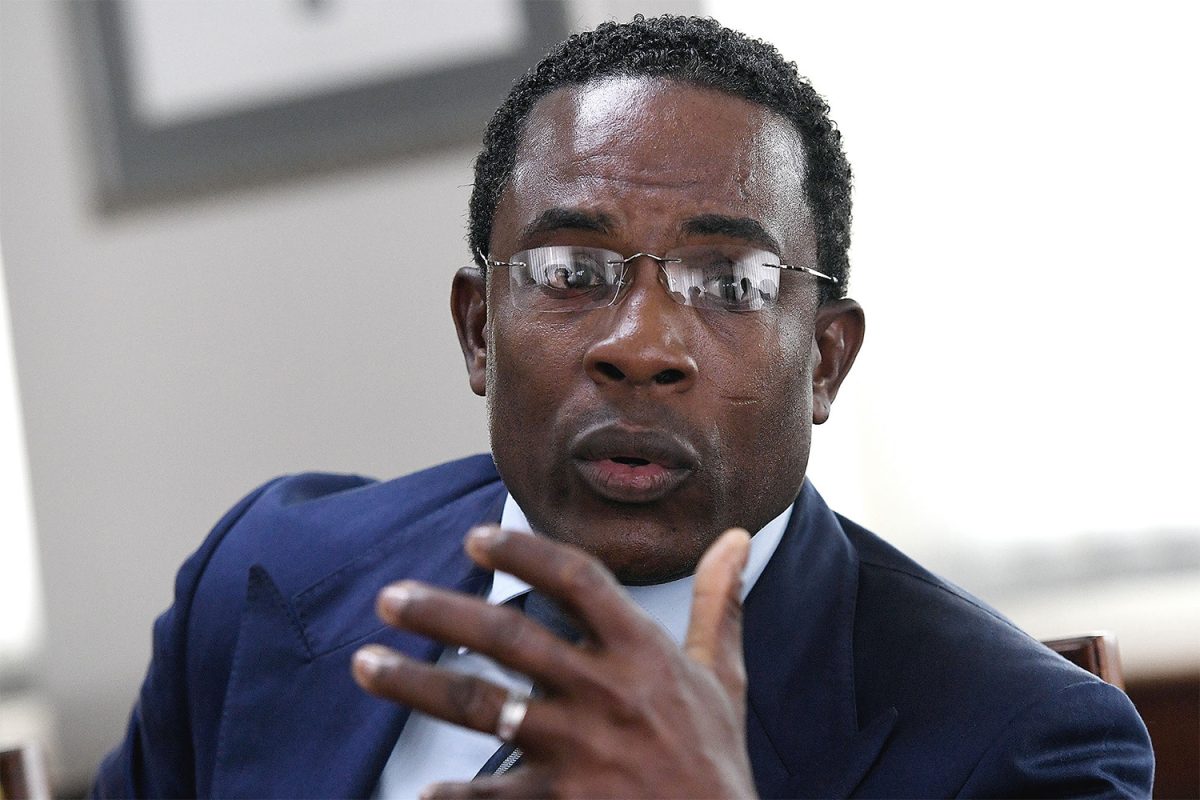More Must Be Done To Ensure Reggae Musicians Are “Well Compensated,” Says Flourgon’s Lawyer

New York-based Jamaican-born attorney Stephen Drummond is again lamenting the fact that many Jamaican Reggae singers and songwriters have not reaped the fruits of their labor, unlike their overseas counterparts, a situation which must be addressed urgently.
The Hanover native, who represented veteran Dancehall artist Flourgon in his US$300 million copyright infringement case against Miley Cyrus, says much more has to be done to ensure the island’s musicians get the compensation that is rightfully due to them.
“Jamaican Reggae music has done so much around the world. And it’s such an invaluable contribution to mankind. And it cannot be disputed that with such an invaluable contribution, to mankind coming out of a small country, many of our artistes have not recognised and being appreciated in the financial space as many others,” Drummond said while speaking on Radio Jamaica’s Beyond The Headlines with Dionne Jackson Miller.
“So, as a Jamaican, and a lawyer who likes to see equity, I just think more should be done to ensure that the Jamaican community and those who have made such a great contribution to Reggae music should be very well compensated, more,” he said.
Drummond also reiterated that because much of the problems relate to issues of intellectual property ownership and copyright, it is critical that artists seek to protect their work.
“One of the things that I try to stress in the community, is the three Ps: Protect first. Artistes in Jamaica they like to Perform; they want to perform; they get a joy out of performing and the business component of it, they tend to lose perspective of that. You must first strive to Protect your work, then Perform in order to Preserve your work,” he said.
The issue of Jamaican’s failing to copyright their music has been a longstanding concern for Drummond. In May 2018, during a Gleaner Editors forum, he made a call for Jamaican recording artists to protect their legacy.
At the time he said that while he was congnisant of the fact that most Jamaican artists love the music and love to entertain people, they needed to be business-minded about it.
Drummond had also warned that if Jamaican musicians fail to take the business aspect of the music as seriously as they ought, they might live to regret it in the end, as the business component was perhaps the most critical aspect of an artist’s success.
Like Drummond, in January this year, former Main Street Records producer and Chairman of the Jamaica Music Society (JAMMS), Haldane “Danny” Browne had raised similar concerns about recording artists and producers in Jamaica, who, by virtue of their own inaction, have put themselves in a precarious position, by not registering their ownership of their copyrighted music.
“I don’t know if the current crop of players realise that it is a business. I can’t blame them because I was just like them; when I started out, I was just having fun,” the Filthy riddim producer had said.
Brown had also revealed that some creators of music do not know the difference between copyright registration versus publishing a song.
“Where your copyright ownership is registered it is different from the publishing of the song. Because anybody can publish a song. And I discovered a lot of people dem don’t copyright dem songs. Dem just a collect the money. And so, when issues come up, they can’t defend it,” he had said.
Browne had pointed out that JAMMS has held multiple sensitization seminars on copyright and other music-related matters for members of the industry, but this initiative has seen the organization ‘preaching to the converted’, as the persons who need the information believe they “know it all”.

